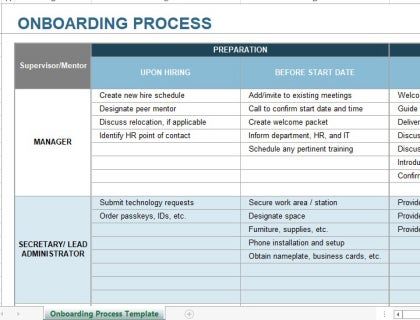How to Create a Winning Business Strategy for Your Start-Up
Starting a tech start-up can be an exciting and rewarding venture, but it also comes with its fair share of challenges. One of the most important aspects of launching a successful tech start-up is having a solid business strategy in place. A well-thought-out business strategy can help guide your start-up in the right direction and set you up for long-term success. Here are some tips on how to create a winning business strategy for your tech start-up:
Define Your Goals and Objectives
The first step in creating a winning business strategy for your start-up is to clearly define your goals and objectives. What do you hope to achieve with your tech start-up? Are you looking to disrupt the industry with a groundbreaking new product or service? Are you aiming to capture a specific niche market? By defining your goals and objectives upfront, you can create a roadmap for your start-up and ensure that all your efforts are working towards achieving these goals.
Know Your Target Audience
Understanding your target audience is crucial for the success of your tech start-up. Who are your potential customers? What are their needs and pain points? By conducting thorough market research and identifying your target audience, you can tailor your products or services to meet the specific needs of your customers. This will not only help you attract new customers but also retain existing ones.
SWOT Analysis
Conducting a SWOT analysis (Strengths, Weaknesses, Opportunities, and Threats) is a valuable exercise for any start-up. This analysis will help you identify your start-up’s strengths and weaknesses, as well as any opportunities and threats in the market. By understanding these factors, you can develop strategies to capitalize on your strengths, address your weaknesses, seize opportunities, and mitigate threats.
Competitive Analysis
It’s important to keep an eye on your competitors and understand their strengths and weaknesses. Conducting a competitive analysis can help you identify gaps in the market, differentiate your products or services, and stay ahead of the competition. By studying your competitors, you can also learn from their successes and failures and use this knowledge to refine your own business strategy.
Create a Marketing Plan
A strong marketing plan is essential for promoting your tech start-up and attracting customers. Identify the best channels to reach your target audience, whether it’s through social media, content marketing, email marketing, or traditional advertising. Develop a compelling brand story and messaging that resonates with your customers, and create a consistent brand voice across all marketing channels. By investing in marketing efforts early on, you can build brand awareness and drive customer acquisition.
Financial Planning
Financial planning is another key component of a winning business strategy for your tech start-up. Create a detailed budget that outlines your start-up costs, revenue projections, and expenses. Consider how you will fund your start-up, whether it’s through bootstrapping, venture capital, or crowdfunding. Monitor your financial performance regularly and adjust your strategy as needed to ensure long-term sustainability.
Build a Strong Team
A successful tech start-up is only as good as its team. Assemble a talented and diverse team of individuals who share your vision and are committed to achieving your goals. Hire people with the skills and experience needed to help your start-up succeed, and foster a collaborative and supportive work environment. By building a strong team, you can leverage the collective expertise and creativity of your employees to drive innovation and growth.
In conclusion, creating a winning business strategy for your tech start-up requires careful planning, research, and execution. By defining your goals, understanding your target audience, conducting a SWOT analysis, analyzing your competitors, developing a marketing plan, planning your finances, and building a strong team, you can position your start-up for long-term success. With a solid business strategy in place, you can navigate the challenges of the tech industry and achieve your goals as a tech entrepreneur.


